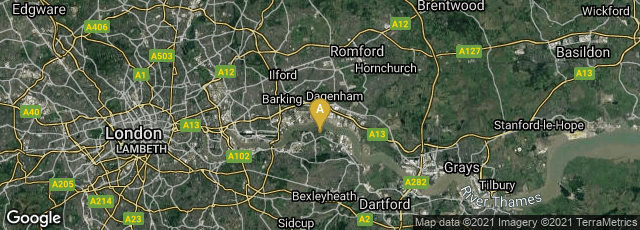

A: London, England, United Kingdom
Early in the 19th century, the first Banker's Clearing House was founded in the City of London by Lubbock's Bank on Lombard Street in a single room where clerks for London banks met each day to exchange checks and settle accounts. In 1832 Charles Babbage, who was a friend of a founder of the Clearing House, described how the Clearing House operated in his The Economy of Machinery and Manufactures:
"Beginning at 5 pm, a clerk for each debtor bank was called to go to a rostrum to pay in cash to the Inspector of the Clearing House the amount their bank owed to other banks on that day. After all of the debtor clerks had paid the Inspector, each clerk for the banks that were owed money went to the rostrum to collect the money owed to their bank. The total cash paid by the debtor banks equaled the total cash collected by the creditor banks. On the rare occasions when the total paid did not equal the total collected, other clerks working for the Inspector would examine the paper trail of documents so that the numerical errors could be found and corrected." (Wikipedia article on Banker' clearing house, accessed 9-2020).